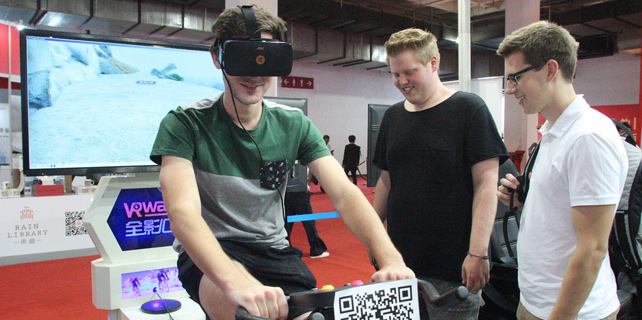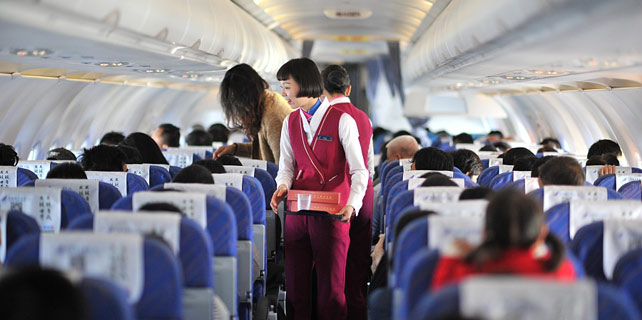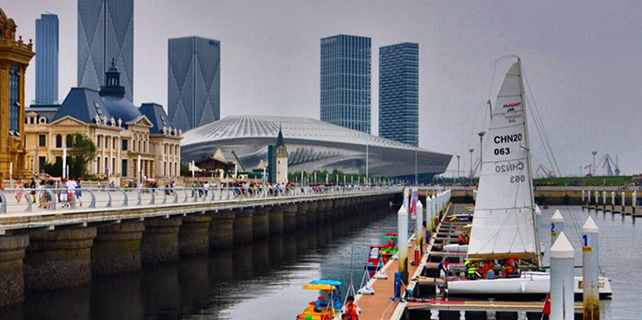China stresses THAAD removal
FM Wang tells ROK counterpart that anti-missile system is an 'obstacle'
Foreign Minister Wang Yi urged his counterpart from the Republic of Korea to face China's "rightful concern" over deployment of an anti-missile system and "remove the obstacle that's in the way of developing bilateral relations".
Wang expressed China's opposition on Wednesday about the US-ROK deployment of the THAAD (Terminal High Altitude Area Defense) anti-missile system as he met with ROK Foreign Minister Kang Kyung-wha on the sidelines of the UN General Assembly at the UN headquarters in New York.
While understanding the ROK's need to safeguard its national security, China firmly opposes the US deployment of THAAD in the ROK, because it goes beyond the self-defense needs of ROK and directly damages China's strategic security interest, Wang said.
Kang said the ROK is willing to step up communication with China in an effort to properly solve the THADD issue and resume "vitality and dynamics" in their bilateral relationship.
The remaining elements of THAAD were transported on Sept 7 to a site in the ROK's southeast, Xinhua reported.
Wang also expressed the hope that the ROK could seriously consider China's "suspension for suspension" initiative and make efforts for alleviating the tension on the peninsula.
China proposed suspension of Pyongyang's missile and nuclear tests in exchange for the suspension of US-South Korean military drills near the DPRK.
China's long-held stance is to realize denuclearization on the peninsula, no matter how long it may take or how many challenges, he said.
China will continue to strictly implement the DPRK-related UN Security Council resolutions, he said.
"The resolutions regulate sanctions and they also call for resumption of negotiations and emphasize solving the issue peacefully. China hopes they can be fully and completely implemented," Wang said.
With the gradual progress of sanctions, there's a need to transfer "sanction pressure" into an "impetus for negation" at an appropriate time, Wang said.
Kang said the ROK is devoted to peacefully resolving the peninsula nuclear issue and absolutely does not want war to take place again on the peninsula.
Seoul sticks to peninsular denuclearization and will abide its promise to not deploy strategic nuclear weapons again, Kang said.
Earlier, Wang met with German Foreign Minister Sigmar Gabriel and expressed appreciation for Germany's support of "suspension for suspension".
He urged Germany to make active efforts to temper the peninsula situation through dialogue and negotiations.
China has urged that relevant parties exercise restraint and refrain from taking actions that might further escalate tensions.
Gabriel agreed with China that the peninsula situation must be solved peacefully through dialogue and negotiation.
"Military means cannot become an option," he said,
He also said he agreed with the US-proposed "four nos" - no regime change, no regime collapse, no stepped-up reunification and no military deployments north of the border separating the DPRK and ROK.
Contact the writers at wanglinyan@chinadailyusa.com









